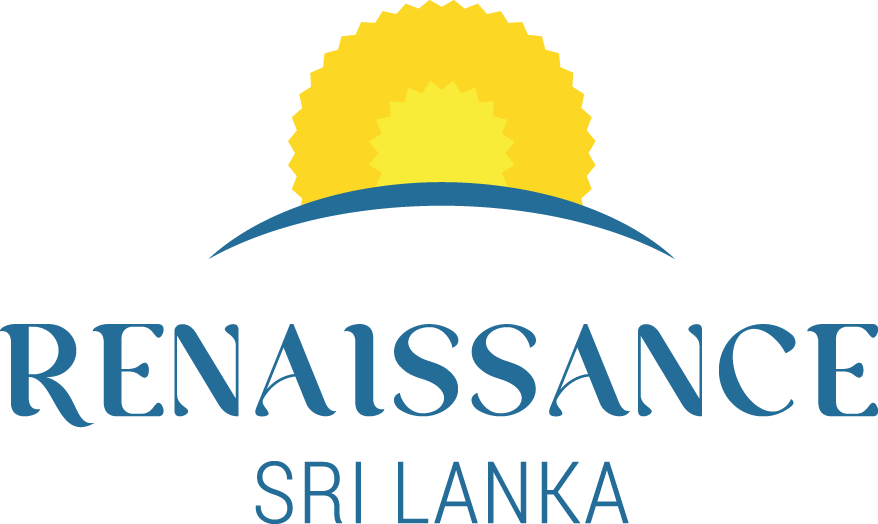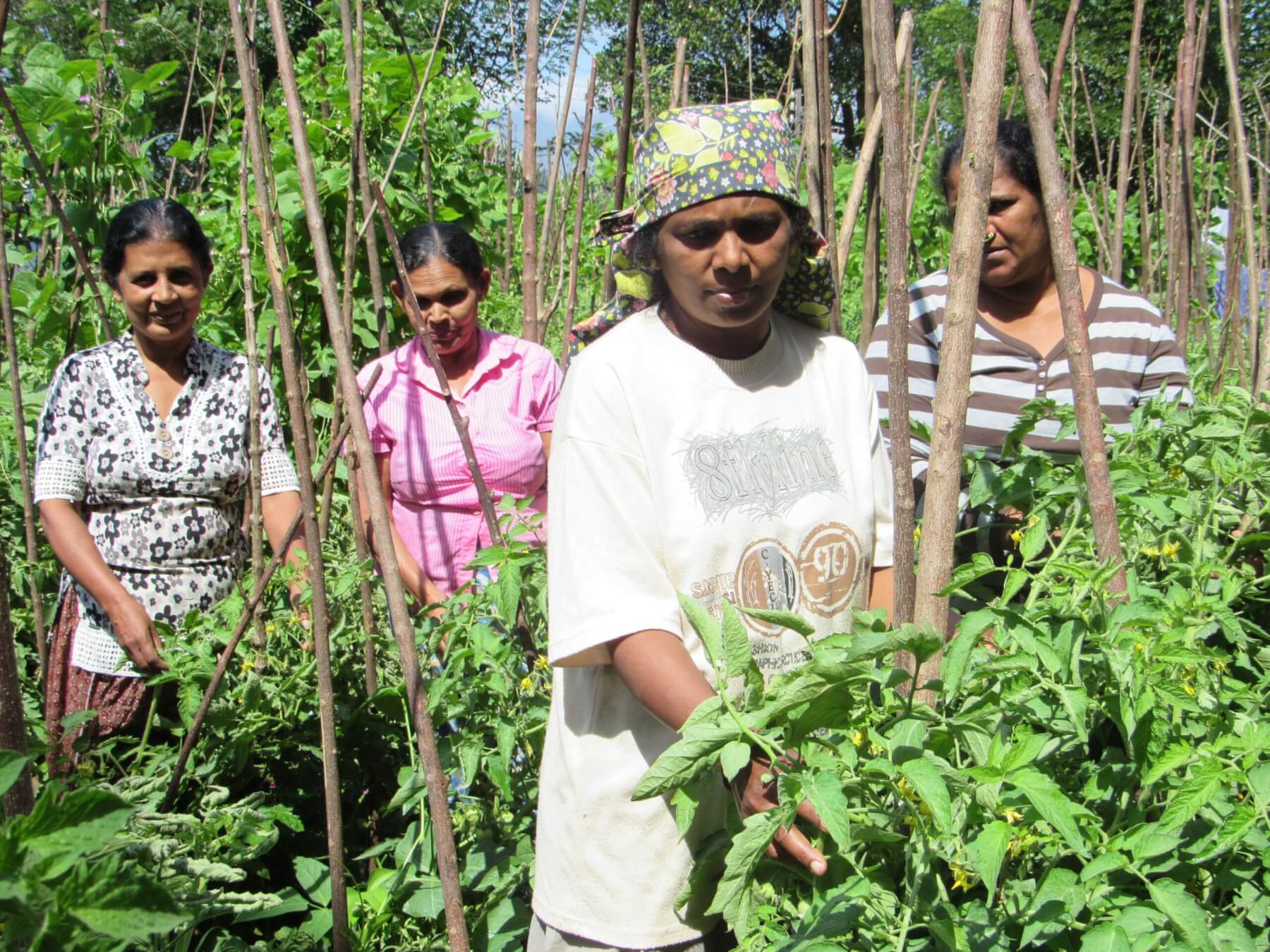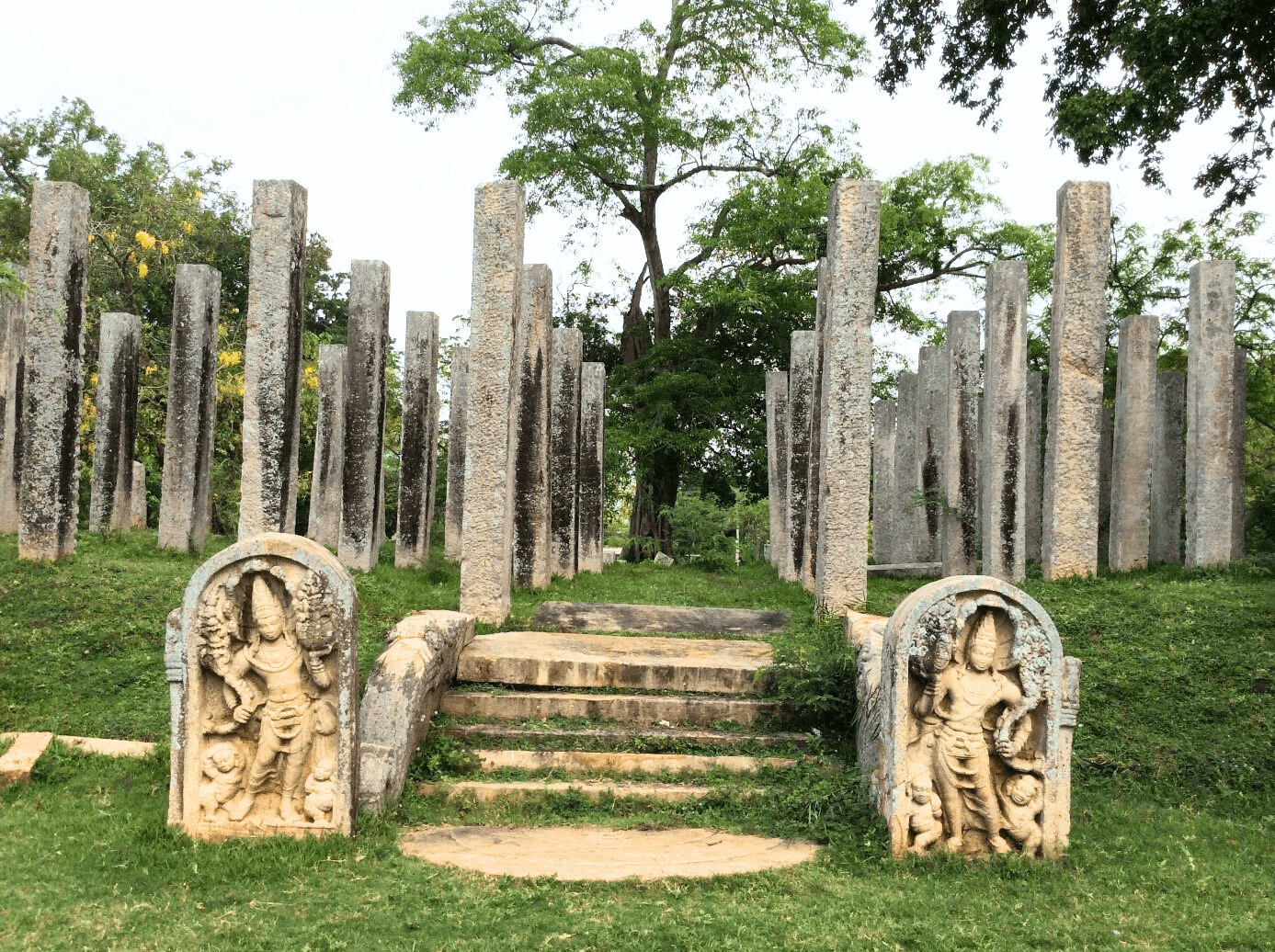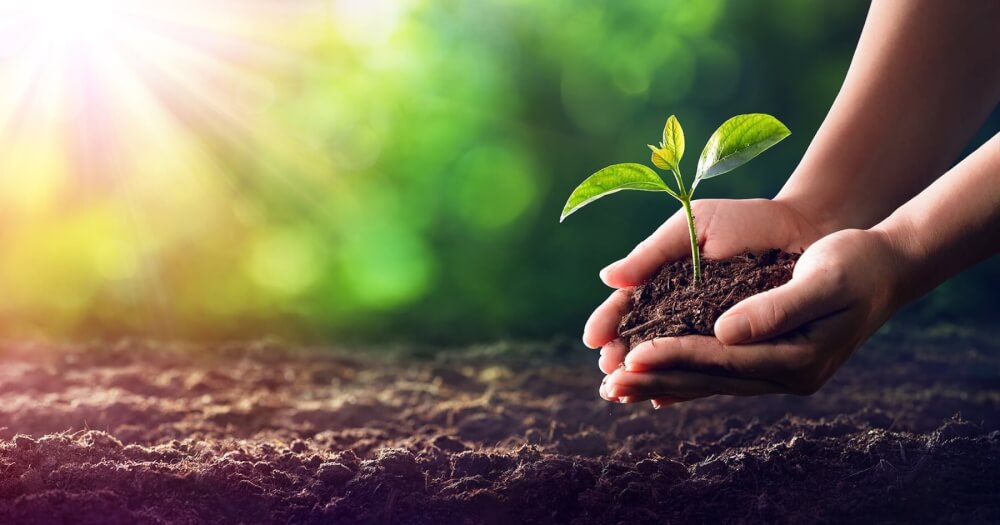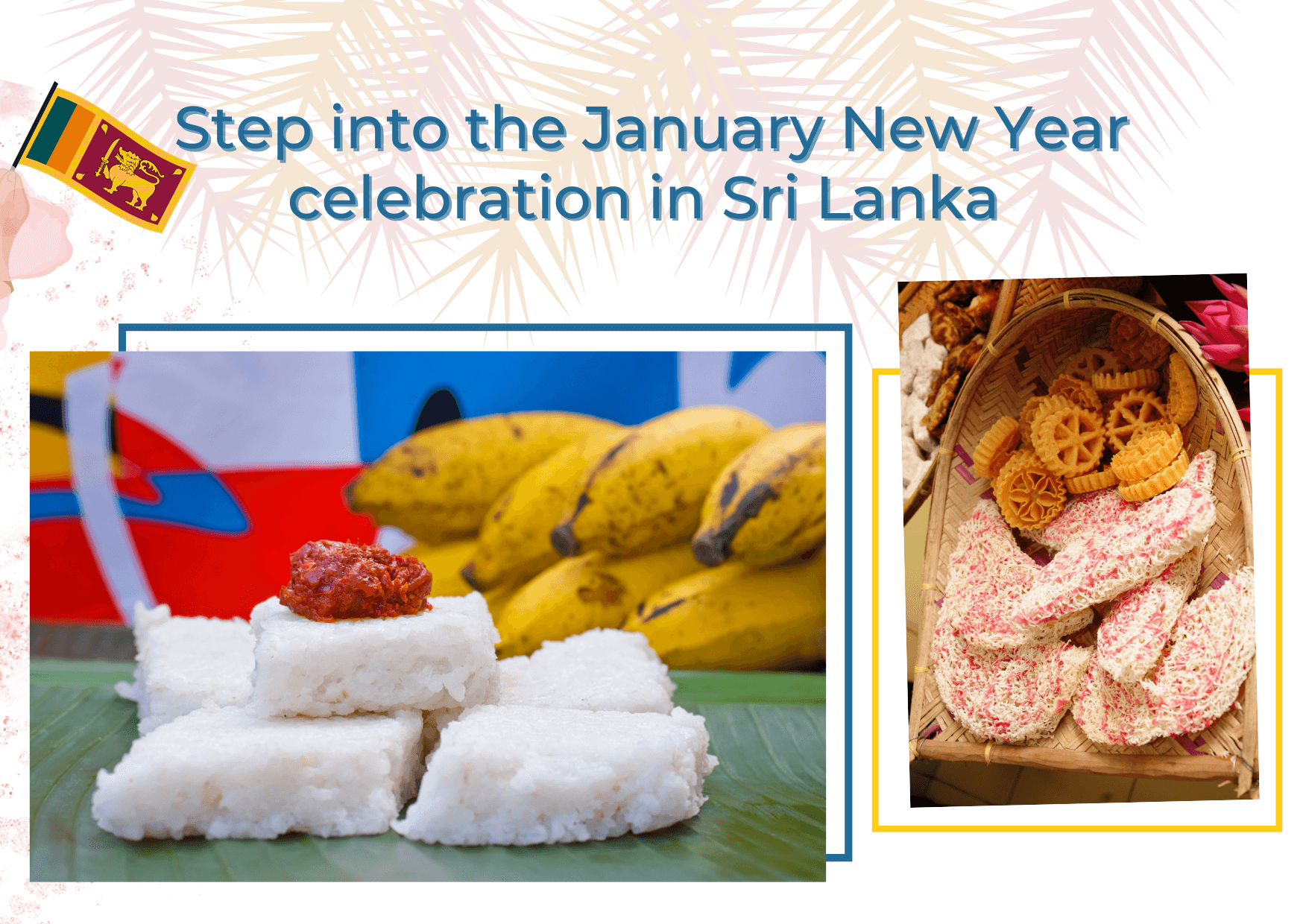The journey towards revolutionizing Sri Lanka’s agriculture entails adopting a holistic approach to farming sustainability.
Sri Lanka’s ancient civilizations were masterful in their utilization of natural resources, especially water, to sustain agricultural productivity and community health. Centered around the island’s 103 rivers and many artificial tanks and reservoirs, these holistic farming methods optimized land and water use in a way that modern techniques often fail to replicate. The success of…


